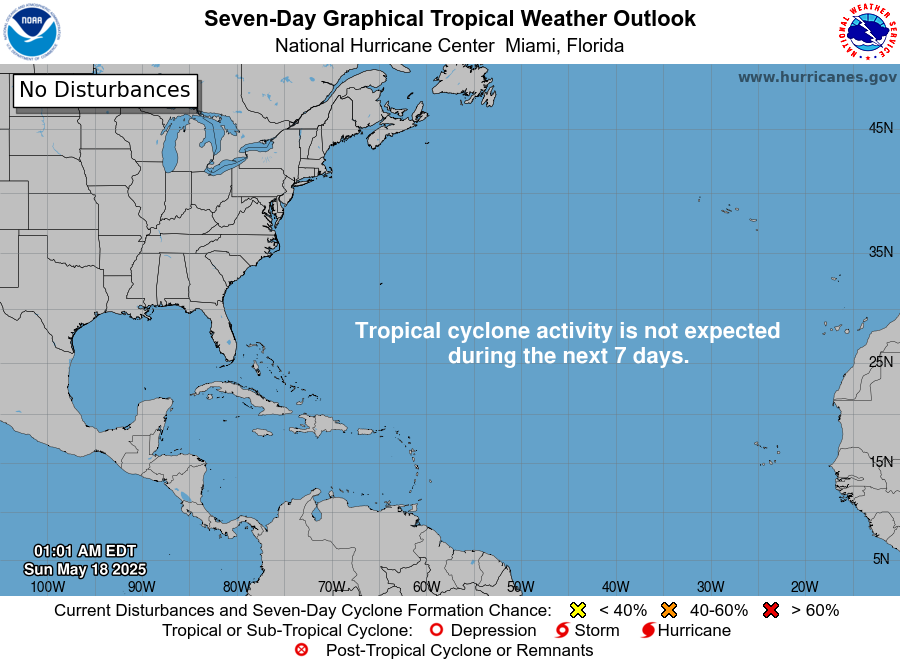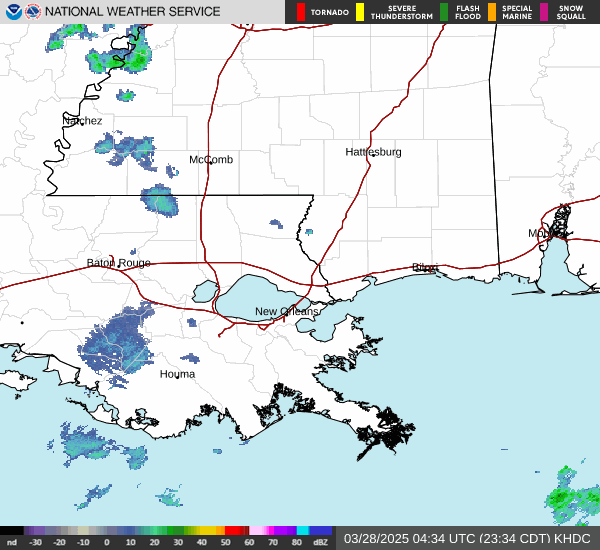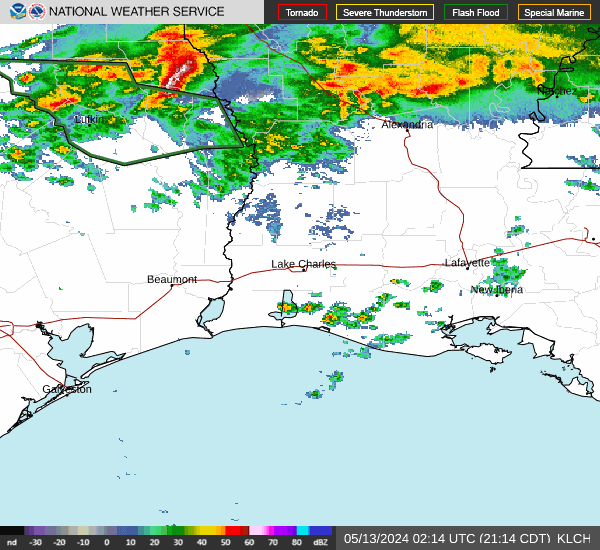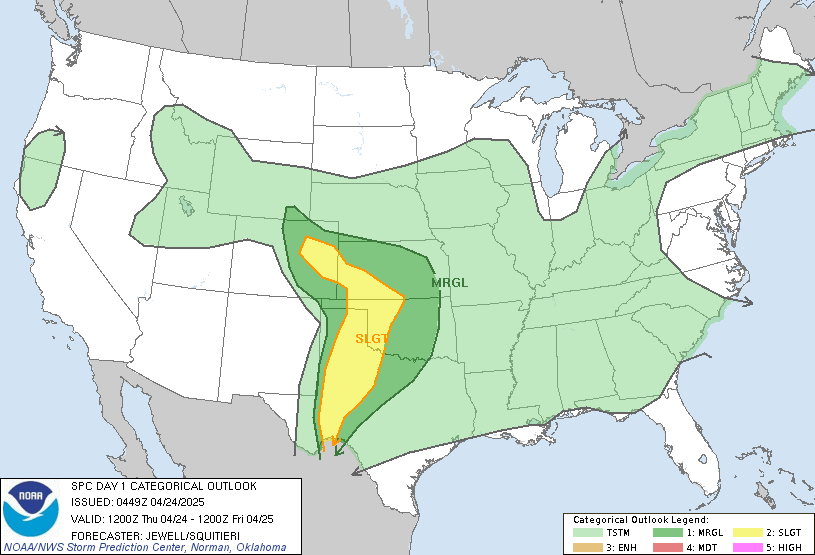Post by mrjamie on Oct 22, 2008 11:52:18 GMT -6
NEW YORK (CNNMoney.com) -- With all the problems in the auto industry, you may wonder if the car brand you're thinking about buying today will be around tomorrow.
The bottom line is this: "You should stick with the strongest brand," advises Robyn Eckard, a spokeswoman for Kelley Blue Book, which tracks automotive values.
It's not what could go wrong with your car while you own it, she said. It's what happens when you want to unload it.
There's been a lot of speculation lately that Chrysler and General Motors may be in talks to join forces. If the two companies do become a single automaker, analysts expect a number of brands to be phased out.
But whoever winds up with its name on the logo is buying a lot more than the other company's cars. "If they're bought by someone else, that company would have to buy the parts and service business," said David Champion, head of auto testing for Consumer Reports.
Besides the legal reasons that the new owners have to honor those warranty agreements, service and maintenance work is the best way to keep car customers coming back into dealerships. That builds relationships that result in more sales down the road for the company that bought the business.
So far, media reports about Chrysler/GM talks have been based on anonymous sources and neither of the companies has confirmed that a deal is being discussed. Chrysler declined to comment for this story. A representative for GM (GM, Fortune 500) could not immediately be reached for comment.
In rare cases, car companies may exit the U.S. passenger car market altogether, as Isuzu is in the process of doing now. But the Japanese automaker said it will continue to sell commercial vehicles here and will provide parts and service support for its passenger vehicles.
And it doesn't take a buyout or a business failure for a car brand to go away. General Motors' Oldsmobile brand, then the oldest continuously operating American car brand, ended its run in 2004. Similarly, Chrysler shut down its Plymouth brand in 2001.
The parent companies of both brands continued on and Oldsmobile and Plymouth cars can still be serviced at any GM or Chrysler dealer. Owners' warranties were still intact and service continues uninterrupted.
Where it really hurts
The real impact for owners of Oldsmobile and Plymouth vehicles was that their cars' resale values plummeted after the brands died.
"What happened with Oldsmobile was that the used car values of Oldsmobile dropped a lot quicker than for brands that were still in business," said Champion.
A year after each brand went out of existence, a two-year old Oldsmobile or Plymouth suddenly had the value of a five-year-old car, according to Kelley Blue Book.
The difference continues today. A recent sampling of dealer ads on Autotrader.com showed sellers asking about $2,500 more for a 2000 model year Pontiac Grand Prix than for the similar Oldsmobile Intrigue.
Some used car buyers, unfamiliar with the workings of the auto industry, may not understand that the cars can still be serviced at any Chrysler or GM dealer, Champion said.
Another reason may be the taint of failure that surrounds an orphaned vehicle. Buyers might reasonably surmise that the vehicles must have been somehow flawed.
"They didn't have enough faith in the brand to continue the brand," said Kelley Blue Book's Eckard.
Given the heavy cost of depreciation, she said, buyers would be wise to consider the impact of brand survival on resale value, even if it is just a matter of one being phased out by an otherwise healthy manufacturer.
What to look for
It can be hard to figure out what a healthy brand is, though. Current resale values give a clue, Eckard said. A brand in danger of extinction will usually have a small model range and will hold its value poorly. You can compare resale value of various cars at Kelley Blue Book's KBB.com Web site.
But having just one or the other isn't necessarily a bad sign. Scion and Mini, for example, are strong brands with small model lines. Both have good resale value, she said.
For news on what brands may be winding down, Eckard recommends doing a little digging on the Web. Look for news stories about the brand you're considering buying. If you find stories about future models, that's good. They're still in the game.
And you can also check out the Autos section of CNNMoney.com for the latest news on what's happening in the auto industry, including which makes and models may be slated for the history book. To top of page
money.cnn.com/2008/10/20/autos/buying_a_dying_brand/index.htm?postversion=2008102212
The bottom line is this: "You should stick with the strongest brand," advises Robyn Eckard, a spokeswoman for Kelley Blue Book, which tracks automotive values.
It's not what could go wrong with your car while you own it, she said. It's what happens when you want to unload it.
There's been a lot of speculation lately that Chrysler and General Motors may be in talks to join forces. If the two companies do become a single automaker, analysts expect a number of brands to be phased out.
But whoever winds up with its name on the logo is buying a lot more than the other company's cars. "If they're bought by someone else, that company would have to buy the parts and service business," said David Champion, head of auto testing for Consumer Reports.
Besides the legal reasons that the new owners have to honor those warranty agreements, service and maintenance work is the best way to keep car customers coming back into dealerships. That builds relationships that result in more sales down the road for the company that bought the business.
So far, media reports about Chrysler/GM talks have been based on anonymous sources and neither of the companies has confirmed that a deal is being discussed. Chrysler declined to comment for this story. A representative for GM (GM, Fortune 500) could not immediately be reached for comment.
In rare cases, car companies may exit the U.S. passenger car market altogether, as Isuzu is in the process of doing now. But the Japanese automaker said it will continue to sell commercial vehicles here and will provide parts and service support for its passenger vehicles.
And it doesn't take a buyout or a business failure for a car brand to go away. General Motors' Oldsmobile brand, then the oldest continuously operating American car brand, ended its run in 2004. Similarly, Chrysler shut down its Plymouth brand in 2001.
The parent companies of both brands continued on and Oldsmobile and Plymouth cars can still be serviced at any GM or Chrysler dealer. Owners' warranties were still intact and service continues uninterrupted.
Where it really hurts
The real impact for owners of Oldsmobile and Plymouth vehicles was that their cars' resale values plummeted after the brands died.
"What happened with Oldsmobile was that the used car values of Oldsmobile dropped a lot quicker than for brands that were still in business," said Champion.
A year after each brand went out of existence, a two-year old Oldsmobile or Plymouth suddenly had the value of a five-year-old car, according to Kelley Blue Book.
The difference continues today. A recent sampling of dealer ads on Autotrader.com showed sellers asking about $2,500 more for a 2000 model year Pontiac Grand Prix than for the similar Oldsmobile Intrigue.
Some used car buyers, unfamiliar with the workings of the auto industry, may not understand that the cars can still be serviced at any Chrysler or GM dealer, Champion said.
Another reason may be the taint of failure that surrounds an orphaned vehicle. Buyers might reasonably surmise that the vehicles must have been somehow flawed.
"They didn't have enough faith in the brand to continue the brand," said Kelley Blue Book's Eckard.
Given the heavy cost of depreciation, she said, buyers would be wise to consider the impact of brand survival on resale value, even if it is just a matter of one being phased out by an otherwise healthy manufacturer.
What to look for
It can be hard to figure out what a healthy brand is, though. Current resale values give a clue, Eckard said. A brand in danger of extinction will usually have a small model range and will hold its value poorly. You can compare resale value of various cars at Kelley Blue Book's KBB.com Web site.
But having just one or the other isn't necessarily a bad sign. Scion and Mini, for example, are strong brands with small model lines. Both have good resale value, she said.
For news on what brands may be winding down, Eckard recommends doing a little digging on the Web. Look for news stories about the brand you're considering buying. If you find stories about future models, that's good. They're still in the game.
And you can also check out the Autos section of CNNMoney.com for the latest news on what's happening in the auto industry, including which makes and models may be slated for the history book. To top of page
money.cnn.com/2008/10/20/autos/buying_a_dying_brand/index.htm?postversion=2008102212











